What’s Behind the Teacher Strikes: Unions Focus on Social Justice, Not Just Salaries
The Conversation
Teacher unions have not often been leaders of broader social justice movements. That’s changing due to a new generation of union activists who see their struggle as part of the struggle for the communities in which they teach.

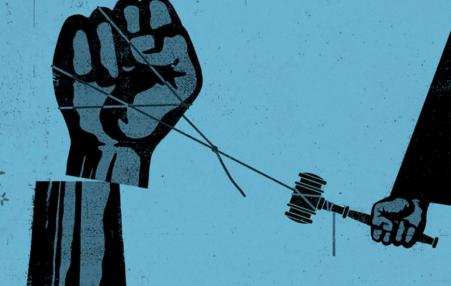
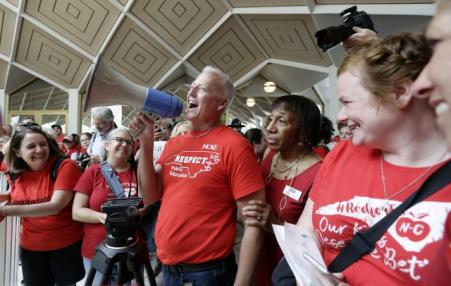

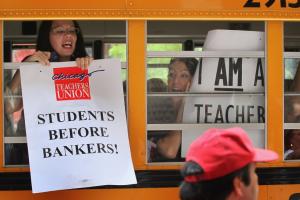
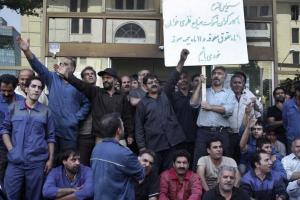

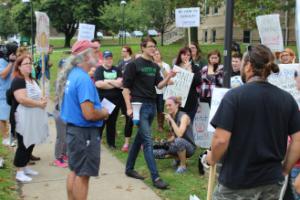

Spread the word